We all know that gasoline and diesel fuels are different. We know not to put diesel into a gas engine and vice versa. But, do we know the “whys” behind that rule?
When it comes to diesel vs. gasoline, not only are the fuel types different, but the respective engine types are different. And each fuel engine comes with its benefits as well as disadvantages.
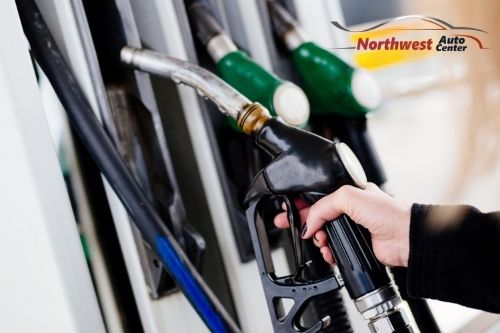
Diesel vs. Gasoline
Gasoline engines were invented in 1876 and were ground-breaking — but they weren’t efficient. The four-stroke combustion engine only utilized 10% for the fuel, while the other 90% produced heat and burned off. So, in 1892, Rudolf Diesel created the combustion power engine (also known as the diesel engine).
While gasoline engines have had many technological advances that led them to be more efficient than the original model, they operate slightly differently from their diesel engine counterparts.
Diesel and Gasoline Engine Differences
Both engines use internal combustion, with cylinders compressing air and fuel mixtures to create mechanical energy turned into motion through explosions. The diesel vs. gasoline differences start to appear with what causes these explosions.
Gas engines utilize spark plugs, while diesel engines utilize compression to make the air hot enough to ignite the mixture.
Another engine difference is how they inject fuel. Diesel engines inject fuel into the cylinder, and it’s an essential process for the diesel engine. However, this means the injectors must withstand extremely hot temperatures and extreme pressure, which is still being tweaked today to make them more efficient.
Present day gasoline engines avoid the aforementioned pitfalls by utilizing either port injection or direct injection systems. (The injectors aren’t exposed directly to very high temperatures).
The small differences in combustion and fuel injection cause significant differences in efficiency and performance between diesel and gasoline vehicles.
Fuel Efficiency and Performance in Diesel and Gasoline Engines
When we talk about power, we talk about horsepower and torque. Horsepower is the actual engine power, while torque is the twisting force on the driveline (think of torque and horsepower this way: torque gets you going and horsepower keeps you going. The more torque an engine has, the faster you accelerate).
Generally, diesel engines have more torque. Diesel engines also have better fuel efficiency due to their engine operation. A gas engine keeps a lower compression ratio, making it less fuel-efficient during the combustion process. Additionally, diesel fuel is thicker than gasoline fuel,
Thereby, evaporating less. And it’s more energy-dense, meaning less diesel fuel is needed compared to gasoline fuel to do the same job.
Diesel or Gasoline — Which is Right for You?
With Diesel and Gasoline prices being similar (with small fluctuations) and both engine types available in the United States, you have options. When it comes down to choosing an engine/vehicle type, it comes down to personal preferences. What are you looking for in terms of power and efficiency? —are you going to be towing with your vehicle? A diesel; would then be your answer.
Side note: Overall, diesel engines are more costly to repair than gasoline engines. Diesels are great for towing because of the torque the engine produces. Diesels will last a long time, as with anything else, they need to be maintained, just like gasoline engines.

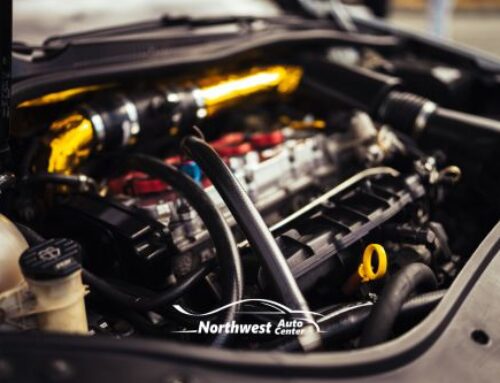
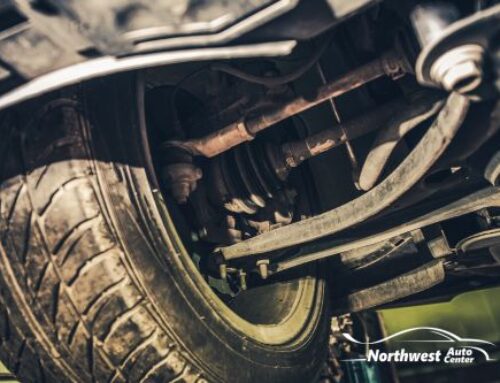
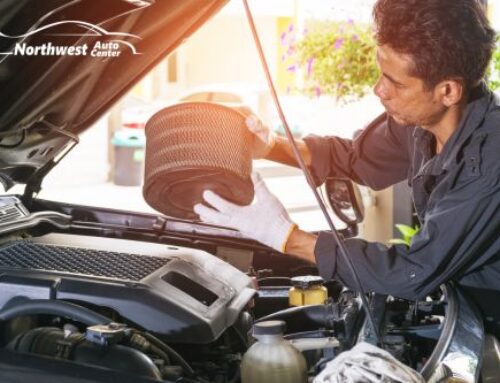
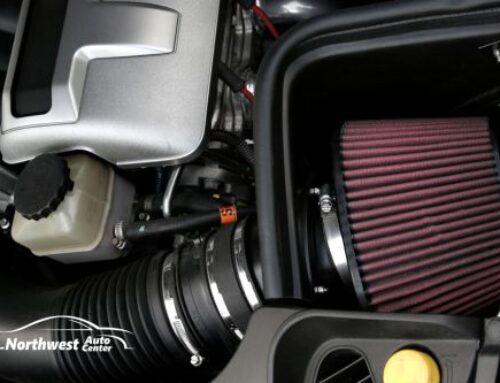
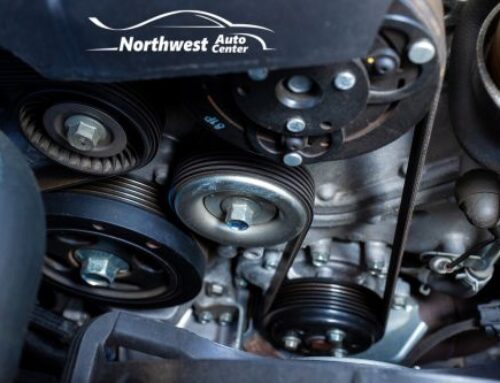
Leave A Comment
You must be logged in to post a comment.